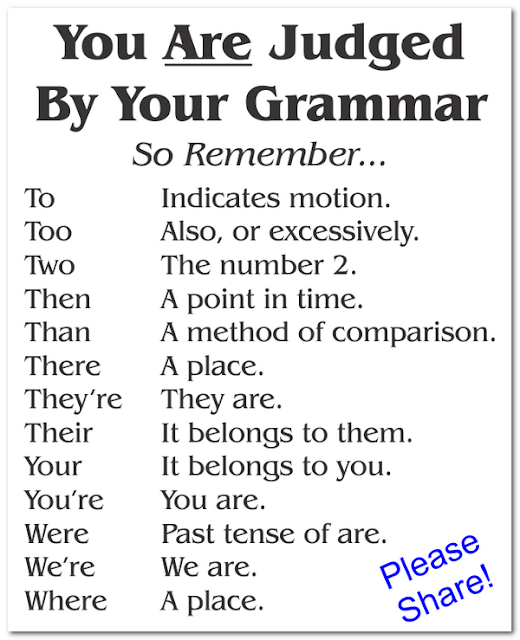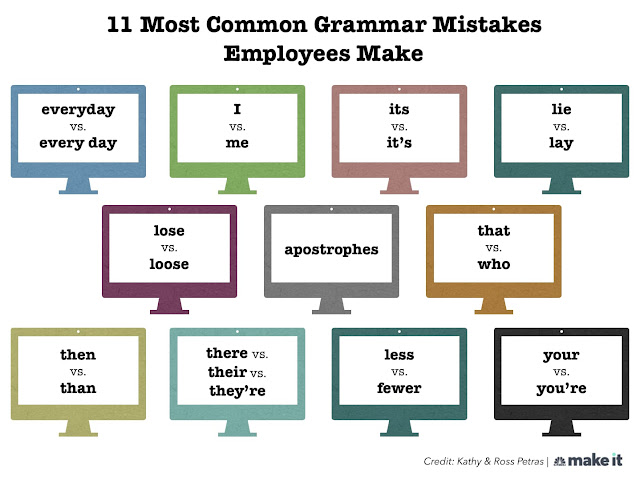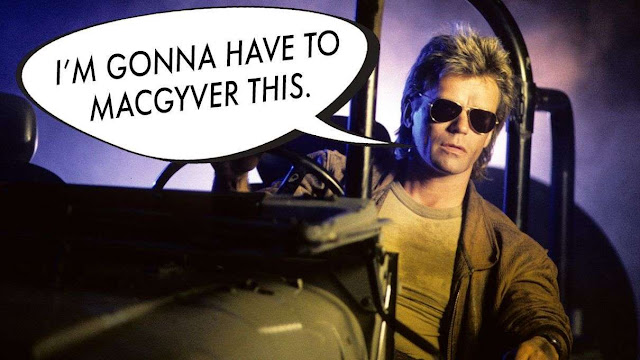 |
| Azura Chronicles award-winning scifi-romance series |
The conversation, on some Facebook groups for authors this month, turned to common mistakes in English grammar. As a wordsmith, I cringe at typos, misspellings, and grammar blunders in professional books. And I’m talking about simple mistakes, not wrong tenses, dangling participles, or run-on sentences. In the media arena, the language of Shakespeare is taking a beating. But it’s a lot worse than you would expect.
Here is a reminder of a few common mistakes… are you guilty of those? Maybe you should stick this note to the side of your tablet or computer screen.
And these are only a few. There are many more. I particularly resent “it’s” instead of “its” and “than” instead of “then.” There is also “lie” and “lay,” “affect” and “effect,”
I can easily forgive readers and casual posters for not remembering their schooling. But if you make any of these common mistakes on your resume, for instance, you may well have forfeited the job.
And if you run an ad for your business with a mistake in it, the return will be so low, you’ll lose your investment in advertising.
Furthermore, I see these common mistakes repeated by newscasters, on advertising spots, on printed ads, and in articles by news writers and other professional people of the spoken and written word.
What about “verbing” or “verbification?”
There is also the new tendency of making verbs with nouns, called “verbing” by the Oxford University Press, or also verbification. This is part of normal language evolution. When there is no verb to express the action, you can use a noun as a verb. “To parent,” for example, has become part of the vocabulary, like “to vacation.”
It used to be that the printed word was respected and valued. Nowadays, anyone can write and print anything, without any knowledge of proper language, grammar, or spelling. Worse, they do not hire an editor. If it’s important enough to say or write for the public at large, it’s important enough to be edited.
Strong Heroines, Brave Heroes, cats
http://www.vijayaschartz.com
amazon - B&N - Smashwords - Kobo - FB








One of my pet peeves is, "Where are you at?" I have to bite my tongue to keep from saying, "I am at here."
ReplyDeleteI kind of love verbification. As you say, it's part of how language evolves, and it's just fun. My current favorites: adulting (the verb, not the activity. If you need me, I'll be reading and eating Doritos in my blanket fort.) and Zooming (again, the verb, not the activity. George Carlin was wrong. Life isn't a series of dogs; it's a series of Zoom meetings.)
Thanks for the great post!